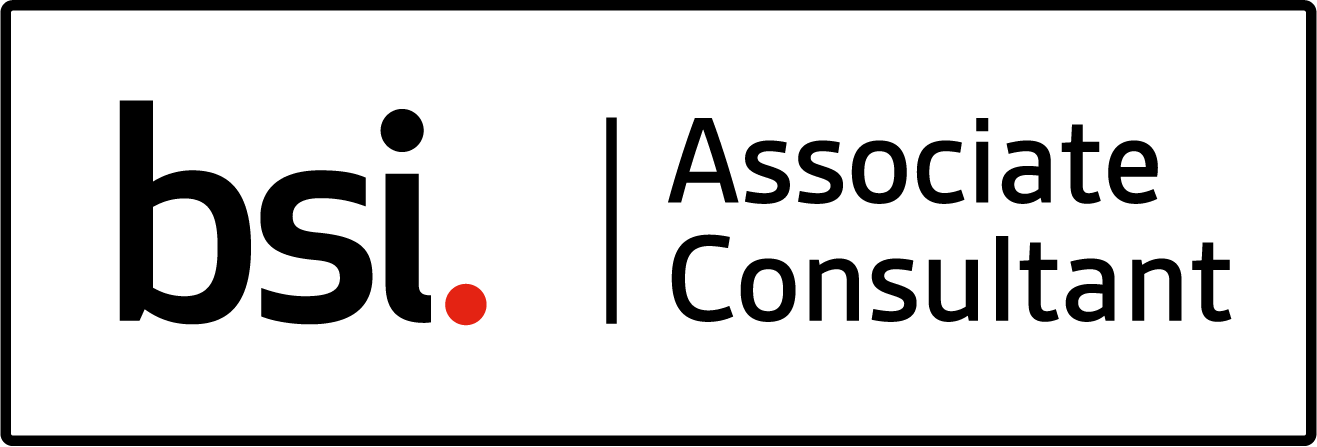
In a nutshell it is having the ability to continue operations regardless of any minor or major incident. This is becoming increasingly important to businesses.
Business Continuity Management System (BCMS) allows a company to plan for these incidents. This will lead to greater competitiveness and decreases the amount of ‘down time’ a business will have if the unexpected occurs. It also reduces the financial impact of recovery.
The ISO 22301 covers the requirements for a robust Business Continuity Management System. Minimising the risk associated with disruptions and to ensure control is maintained at all times.
If you are looking to safeguard against adverse conditions that may be a threat to day to day operations ISO 22301 Certification can be the solution.
How Can ISO 22301 Protect My Business?
An ISO 22301 Business Continuity Management ensures a business is fully assessing its potential risks on a regular basis. This allows your business to be agile and adapt to any situation which poses a disruption to operations. Having a properly laid out plan to follow during a major or minor incident will reduce the time it takes to get back to normal.
Other benefits of an ISO 22301 Business Continuity Management include:
- Improved reputation therefore leading to higher customer retention
- Enhanced decision making, the organisation has a better understanding of its threats to operations
- Helps to safeguard the future of the business, increasing job security for employees
- A Business Continuity Management System can also reduce your insurance costs, by reducing risk.
What are the Requirements of ISO 22301?
Similar to the ISO 9001 and ISO 27001 the ISO 22301 runs to the 10-clause structure of the Annex SL. This means a business can run the systems fully integrated with each other. The key requirements of the ISO 22301 Business Continuity Management System also includes:
- Continuity – the processes the business must run to monitor, prevent, assess and recover from a disruption
- Management Responsibility – ensuring accountability throughout the organisation
- Resource Management – how the key resources within the business (such as people and infrastructure) ensure optimum performance.
- Measurement, Analysis and Improvement – otherwise known as testing the plan.
- Ensuring what you have implemented works and a mechanism for improvement.

